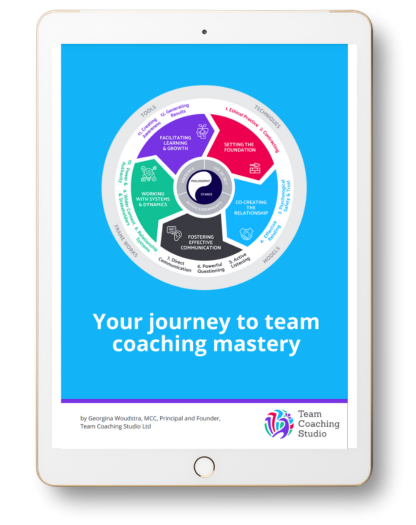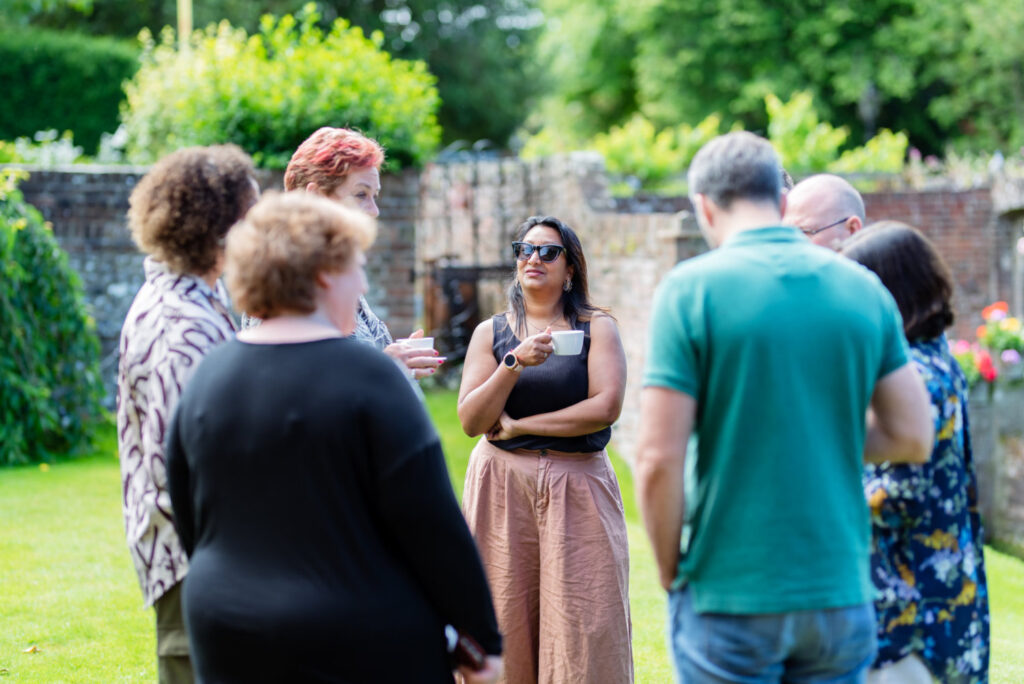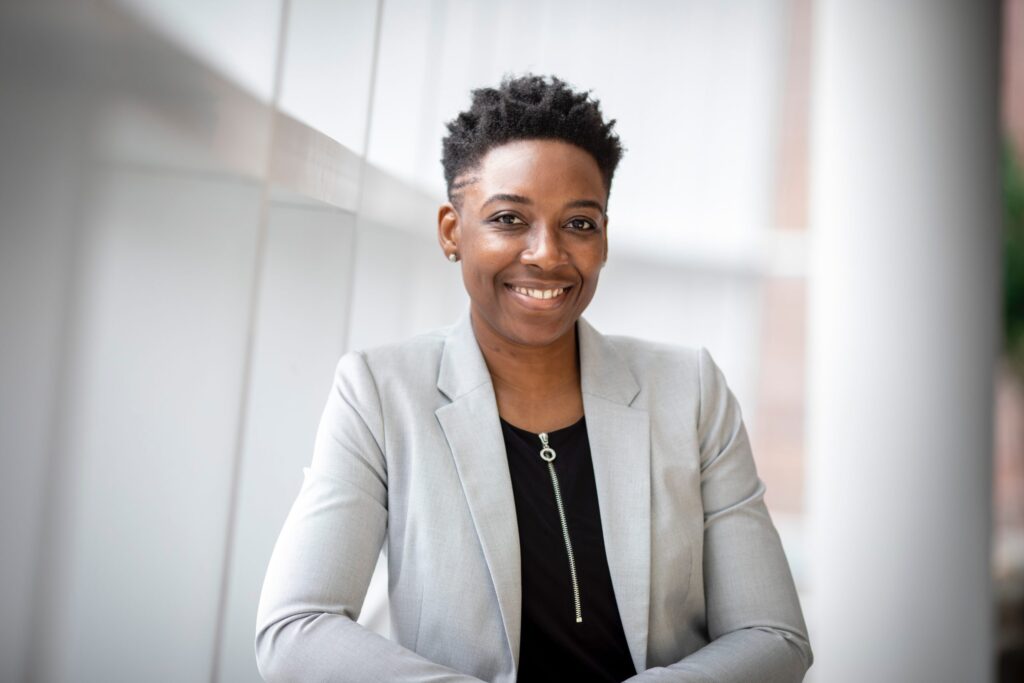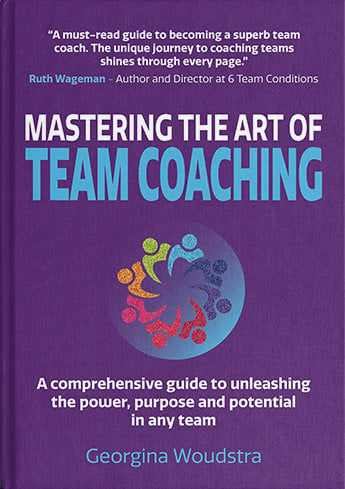Blog & Resources
YOUR JOURNEY TO TEAM COACHING MASTERY
12 Core Competencies for Standardised Measurement of Excellence in Team Coaching.
Underpinning the idea of team coaching is the notion of core competencies – a set of skills that demonstrate and measure the effectiveness of the individual coach and the overall coaching process.
The twelve core competencies outlined in this whitepaper are a set of basic criteria necessary for the standardised measurement of excellence in team coaching. We believe that they are a primary starting point from which coaching mastery may grow and develop.
















